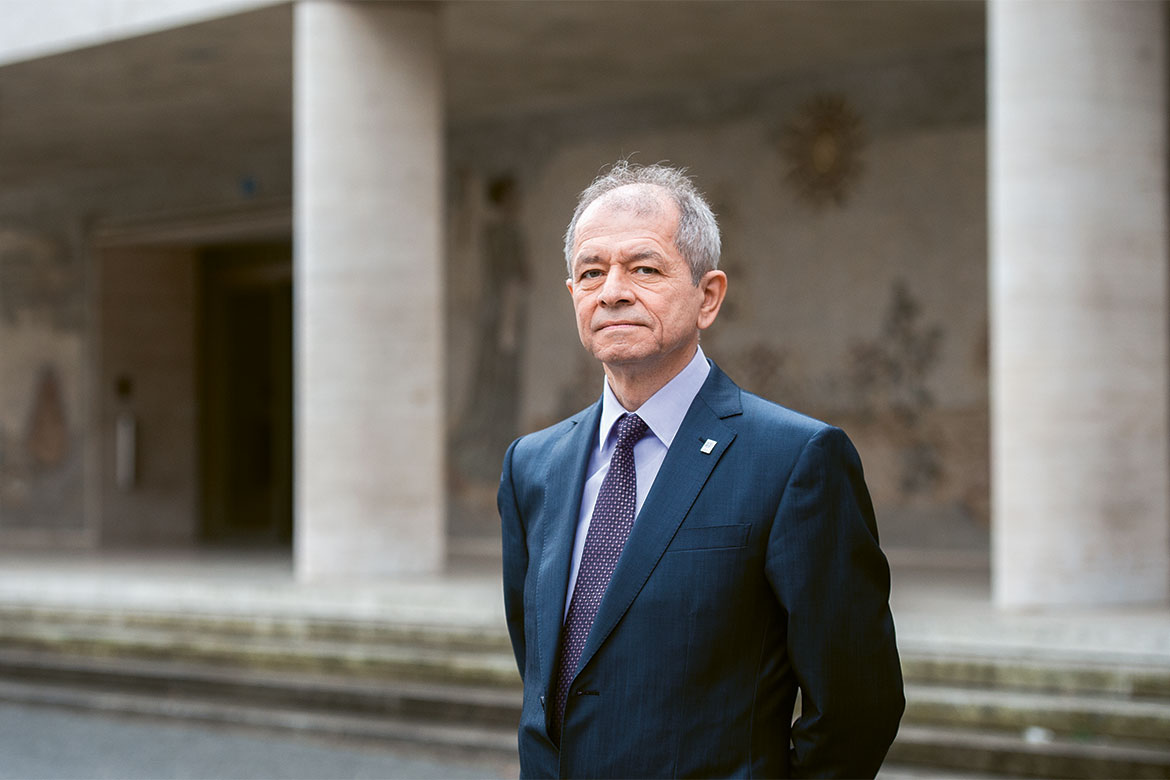Antonio Loprieno: “Knowledge and belief are inextricably interlinked”
Without belief, researchers wouldn’t find out much, says Antonio Loprieno, the former President of the Swiss Academies of Arts and Sciences.

Until the end of January 2020, Antonio Loprieno was the President of the Swiss Academies of Arts and Sciences, and this is therefore his final column. | Image: Andri Pol
This issue of Horizons is dedicated to the dialectic of knowledge and belief. ‘Knowledge’ is often understood as that ‘postmetaphysical thinking’ that Jürgen Habermas regarded as the principal characteristic that distinguishes it from the ‘belief’ that in historical terms had gone before it, and that interpreted knowledge of the natural sciences in the context of moral values.
In this common interpretation, the concept of belief is essentially reduced to its religious denotation. Yet one can believe not just in God, but also, for example, in the meaning of one’s science or in the plausibility of research results. ‘Belief’ here is not to be understood as the antithesis of ‘knowledge’, but as a prerequisite for its internalisation and emotional acceptance.
Belief is emotionally charged knowledge. Belief and knowledge do not exist in a chronological sequence (moving from belief to knowledge), but in cyclical recursion (from knowledge to belief to knowledge and so on). This is why, on the semantic time axis, belief and knowledge act similarly to seeking and finding: they are not closed states of being in themselves, but alternations of activities and achievements.
Especially in an age of simulation, an awareness of the recursive can offer us a better sense of orientation than the binary relationship of knowledge and belief. Because just like the debates about the prerogative of interpretation with regard to digital reconstructions, e.g., of Venice (who owns the visual simulation, the historian or the IT expert?), both communities are often out of their depth when the embeddedness of belief in the generation of new knowledge is not recognised.
Even Aristotle knew (or believed?) that people have a natural urge to gain knowledge. Knowledge and belief are inextricably interlinked. We scientists are always searching. But if we fail to believe, we won’t find much.




